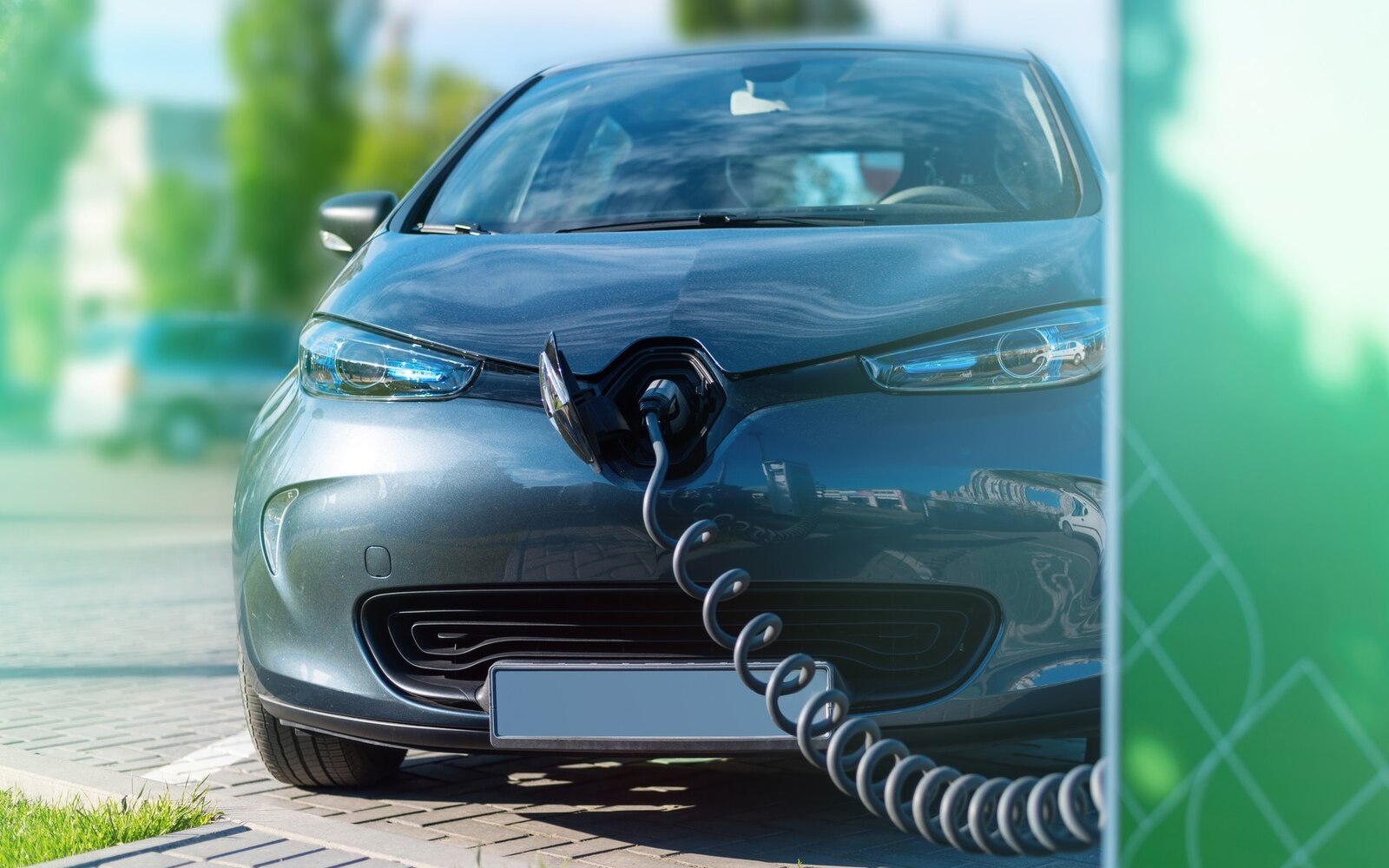
The decline in demand followed the elimination of purchase bonuses for electric vehicles.
The German battery market this year will largely depend on overcoming the drop in demand for battery electric vehicles, stated the German Electrical and Electronic Manufacturers’ Association (ZVEI) on Tuesday. This information was reported by Reuters.
“I cannot say whether the market decline at the beginning of the year, which followed the cancellation of subsidies for electric car purchases last year, has been fully overcome,” said Günther Kellermann, head of the battery division at ZVEI. He added that while there is currently some improvement, he is reluctant to make predictions for the coming period.
The German government ended subsidies for electric vehicle purchases in December of last year. The ruling coalition had to address unexpected budget shortfalls following a decision by the Federal Constitutional Court. In November 2023, the court blocked approximately 60 billion euros from the so-called climate fund. The government had decided to use this money for purposes other than those originally allocated, which the court deemed unconstitutional. The climate fund also financed subsidies for electric car purchases, known as eco-bonuses. Introduced in 2016, these subsidies amounted to roughly 10 billion euros until their cancellation.
Following the removal of bonuses, demand for electric cars dropped in each of the first three months of this year. Sales increased in April but declined again in May. Data for June will be released in the coming days.
The decline in demand for electric vehicles has affected their market share. In June, the share of these vehicles in the German automotive market was 12%, compared to 14.3% at the end of 2023. Analysts suggest that, in addition to reduced availability, consumer uncertainty regarding range and safety requirements also plays a role.


